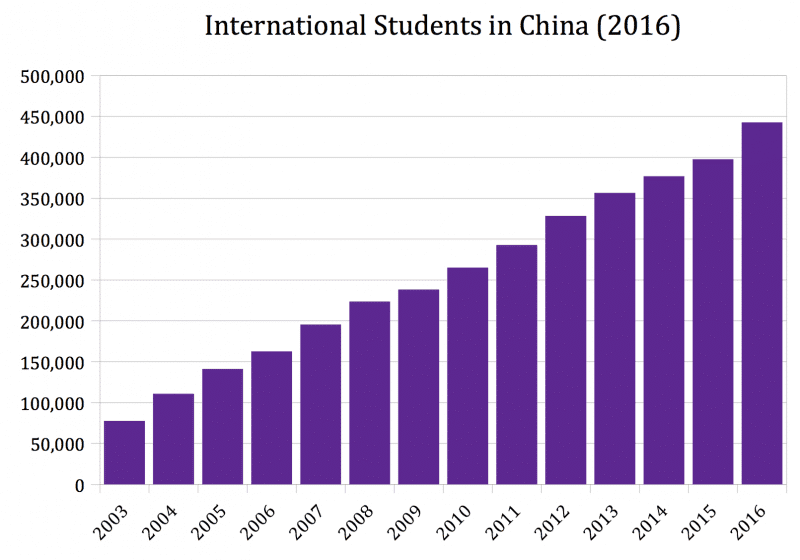Related Articles
Welcoming the Stranger
Presenter: Matthew Soerens, US Director of Church Mobilization, World Relief Description: Refugee and immigration issues have dominated headlines globally recently. While many American Christians view these…
International Students in China: Who Will Reach This Vast and Strategic Yet Invisible Group?
Wearing her hijab, “Mounia” from Yemen heard the gospel and felt the love of God in our international church because of her Rwandan classmate’s invitation and her husband’s permission. Without Arabic or visa for Yemen, instead of flying to Sana’a, we walked two meters to welcome her. From a country with 0.03% evangelicals, could she take the gospel back home?
From Unhealthy Dependency To Local Sustainability
Presented by: Jean A. Johnson, Executive Director of Five Stones Global Description: It takes a great amount of intentionality to create a culture of dignity,…
The Roles of Church and Mission in Crisis Management: Overlap? Competition? Cooperation?
Description: This webinar will look at the issues churches and missions face in responding to crises on the field. How do they cooperate and communicate…
Why and How to Start a Ministry among Students
The investment of men and women to fulfill the church’s world-wide commission in the great university centers of Latin America remains one of her most crucial needs. An effective penetration of the university scene with the message of life in Jesus Christ has yet to be realized.




